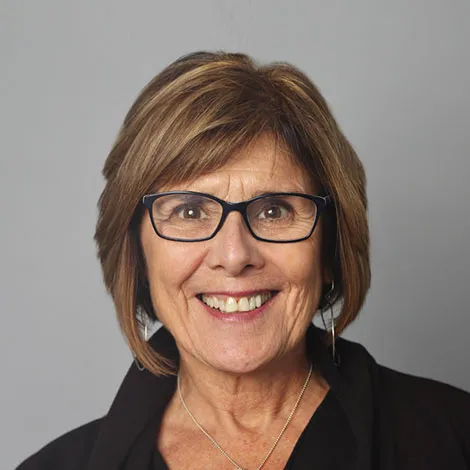Evaluating patient need, service requirements, care settings, and stakeholder priorities for the community-based palliative care program.

Jeanne Sheils Twohig, MPA
Jeanne Sheils Twohig has focused her 35-year career in health care on strengthening the capacity of health systems and communities to respond to the needs of patients and families, with a particular passion for those who are marginalized due to income, geography, or diagnosis. She served as business manager for federal Rural Health Initiative and Primary Care Research and Development programs; directed a home- and community-based services program for the elderly; and was founding executive director of Partnership Health Center, a Federally Qualified Health Center (FQHC). Ms. Twohig then served as deputy director of the Robert Wood Johnson Foundation’s national program Promoting Excellence in End-of-Life Care for more than a decade. She was also deputy director of the Duke Institute on Care at the End of Life at Duke University. In her current role, Ms. Twohig helps the Center to Advance Palliative Care (CAPC) achieve its vision of expanding access to palliative care, with a particular emphasis on developing community-based models. She also provides technical assistance to community health centers nationally, specializing in strategic planning, community development, leadership training, and board development. She received her undergraduate degree from Emmanuel College in Boston and her master’s in public administration from the University of Montana.
From the Blog
Let’s Make Staff Well-Being Debriefings Part of the Health Care Culture
Clinicians who care for people living with serious illness, and their families, benefit from routine, peer-facilitated opportunities to discuss the impact of the work.
Doing Double Duty: Health Care Workers Who Also Care for Loved Ones
Recognizing the needs of health care workers who serve as unpaid caregivers after clocking out for the day—and the added stress of the pandemic.
Debriefing with Staff During COVID-19
Clinicians on the front lines need a safe outlet to talk about the feelings resulting from their work – peer-facilitated debriefings can help.
Courses
Designing and implementing an office-based palliative care program, including clinical model and operational considerations.